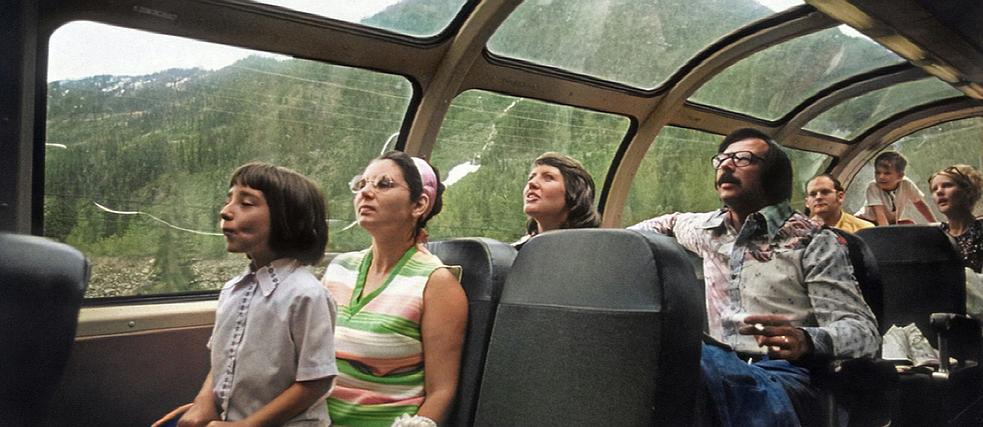Climate and Culture
Climate Change = Cultural Change?

Photo by Documerica on Unsplash
Climate change is more than an environmental issue - it is changing our culture. Even if we do nothing about the climate crisis.
A speed limit on the Autobahn, vegan sausages in the supermarket and a guilty conscience about flying on holiday: Climate change is discussed in everyday life more often than one might think. In an interview with Deutschlandfunk radio in 2008, social psychologist Harald Welzer described climate change as a cultural change.
What does "cultural change" mean?
There is no single definition of culture. Sometimes culture is equated with art, music and literature. But it can mean much more than that. In a broader sense, culture is everything that is created by humans. There is the eating culture, the culture of discussion, or we talk about 'cultivating' a field.So a cultural change affects most areas of life: how I get around, what I eat, how I dress or what I do in my free time.
Why is climate change also a cultural change?
Climate change gives people two options.Option 1: People try to limit climate change by preventing greenhouse gases from being released into the air. This means that they have to change their behavior, such as traveling by bus and train and eating less meat. In the long run, this will change the culture in which we live.
In Germany, for example, the number of vegans and vegetarians has increased in recent years. Also cafeterias, cafés and restaurants are offering more vegan meals than they did a few years ago. That is how the eating culture has already changed a bit.
Info box:
Meat and other animal products such as cow's milk and butter produce more greenhouse gases than plant-based products. There are several reasons for this. One important reason is fodder cultivation, which causes greenhouse gases. Forests such as the rainforest are often cleared to grow fodder. In addition, ruminants (cows, for example) produce the greenhouse gas methane through their digestion. Methane is a very aggressive greenhouse gas. Too much dung on fields also lead to large amounts of additional greenhouse gases.
Meat and other animal products such as cow's milk and butter produce more greenhouse gases than plant-based products. There are several reasons for this. One important reason is fodder cultivation, which causes greenhouse gases. Forests such as the rainforest are often cleared to grow fodder. In addition, ruminants (cows, for example) produce the greenhouse gas methane through their digestion. Methane is a very aggressive greenhouse gas. Too much dung on fields also lead to large amounts of additional greenhouse gases.
Option 2: Humans do nothing about climate change. But this will also lead to a cultural change. Extreme weather and heat will change the way we live. People living in particularly hot regions will have to flee to less hot areas. Everything will become more expensive as drought destroys crops and less cotton can be grown for clothing, for example. Or extreme weather will cause severe damage to buildings, costing people a lot of money to repair.
Can we use technology to solve climate change?
There are already some technologies that can help mitigate the effects of climate change. For example, scientists are investigating ways to remove greenhouse gases from the air.However, these technologies are controversial. At present, they can only remove a very limited amount of greenhouse gases from the air.
To effectively combat climate change, humans must stop emitting greenhouse gases. Further, greenhouse gases that are already in the atmosphere must be removed - with the help of technology, but above all by conserving and managing forests and peatlands. Scientists say that technology alone cannot stop climate change.